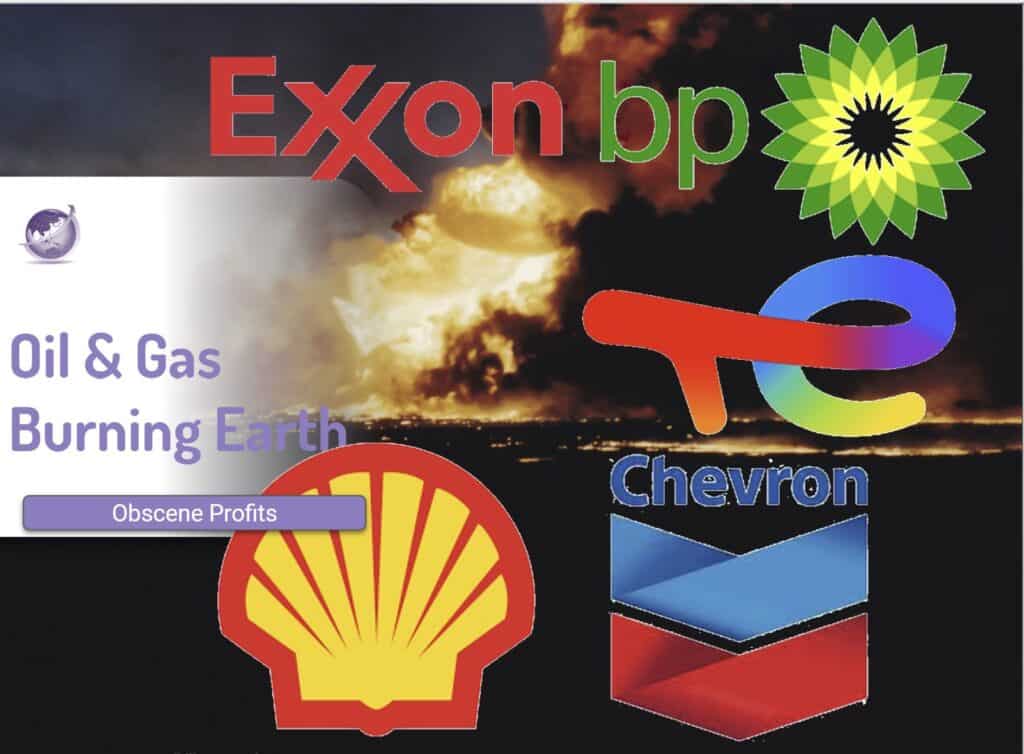One of the key questions is what changes to society from disruptions will need to be addressed. E.g. the demise of coal removes 39,000 coal miners in Australia, and their families and local communities. How will they survive? Tony Seba from his discussion with 3 disruptions, 8 technologies raises the issue of the change in society and some of the implications.
RethinkX Says that at a High Level – Recognise where We Are
In a video talk Virtual presentation to the Canadian Council of State Governments on the occasion of the CSG East Annual Meeting Aug 17th 2021.
Changes to Society from Disruptions are Inevitable
- There’s no going back to ‘normal’.
- We’re at a Rupture Point and old rules no longer apply. Actions taken in a system in a stable system can have the opposite effect when the system is out of equilibrium.
- Be prepared for regular shocks and volatility through the 2020s.
- Potential crises: financial, real estate, pandemics, environmental (outsize forest fires, hurricanes..), social unrest, state failure, mass migration.
- Crises will compound destabilization caused by rapid transformation of production system (food, energy, transportation, information…)
- Seize the upside and mitigate the downside. Create a vision and a clear plan to seize the benefits and mitigate adverse outcomes such as job losses, instability and uncertainty.
- Clarity is critical.
Opportunities Open Up
- Plan for wholesale changes in Land Use.
- Millions of acres of parking space and farmland will be freed up.
- Value Robustness and Resiliency.
- Increase local production & buffers. For instance, millions of homes & businesses generating and storing electricity locally is a far more robust system than a few large centralized power plants.
- Resiliency must be encouraged & positively priced
Ensure Social Stability
- Legacy Industries (coal, oil, gas, livestock, ICEVs, steel, etc) collapsing quickly and simultaneously.
- New jobs created by new industries – but not necessarily in sync in time and space.
- Risks: social dislocation, increased inequality, financial anxiety -> political instability (feedback loop).
Protect People
- Expand social safety nets. Policies to retrain, financial support, health care, child care, educational support, access to social capital.
- Lower barriers to mobility so people can move to locations with better job prospects and quality of life opportunities.
- Anticipate that whole towns or regions will be disproportionally affected by disruption.
- Enable programs at all levels: community, city, state to help local populations transition to new system.
Enable Choice
- Americans should have the RIGHT to generate (solar PV), store (batteries, EVS), power their own homes and & trade (buy & sell) electricity
- This helps build a clean, robust and resilient energy system – for economic reasons.
- Critical to transformation of energy and transportation.
- Self-generation creates condition to electrify homes & buildings.
- Access to grid within 24 hours of building standard distributed PV / battery installation or EV with BDC. (Think Internet).
- We have right to trade bits (information) and goods (matter). Electrons (energy) should not be different.
Changes to Society from Disruptions
Other Implications
- Impact on wealthy countries versus poorer countries
- Unequal distributed across rich and poor









